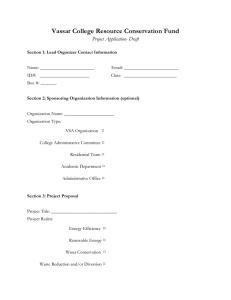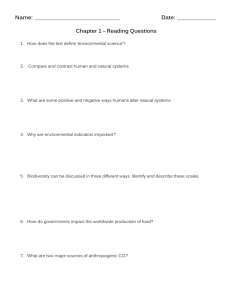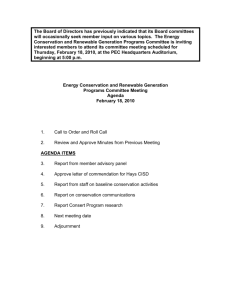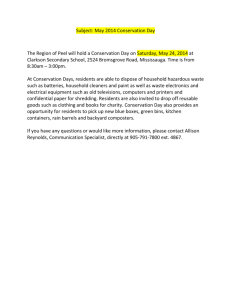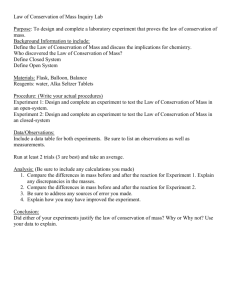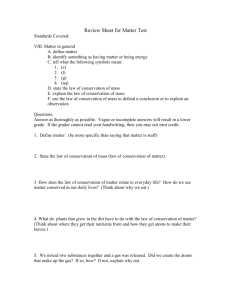Law of Conservation of Matter
advertisement
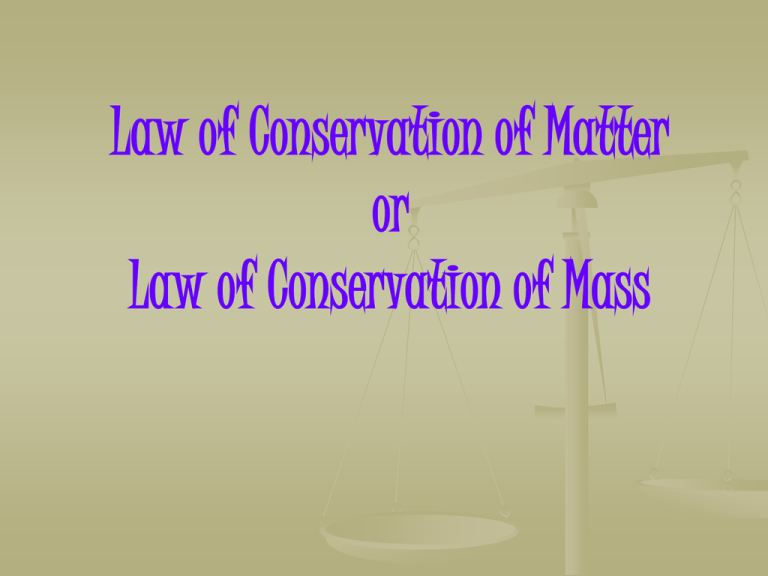
Law of Conservation of Matter or Law of Conservation of Mass What Do You See? Look closely! What is its purpose? When the pans are both at the same height, what does that mean if you have masses on both pans? Keep this in mind as we continue The Law The law of conservation of matter states that matter (mass) can neither be created nor destroyed. It can, however, can be rearranged. In a chemical reaction, the mass of the reactants must equal the mass of the products. HUH? Thinking of the balance? Everything must be equal! Remember the lab we just did? When matter goes through a physical or chemical change, the amount (or mass) of the substances that you begin with must equal the amount (or mass) of the substances that you end with. The before and after must balance Why, you ask? It’s the Law!!!! The Law of Conservation of Matter (Mass) Matter can neither be created, nor destroyed. Lab Activity Let’s take a minute to think Yikes! Just think about the data you collected on the lab you just did. Look at the before and after in your data What do you notice about the sugar and the water? What do you notice about the tablet and the water? Were any laws broken? Explain Law of Conservation of Matter (Mass) Now you can write the conclusion to the lab activity. If the amount of matter (mass) was not the same before and after the change (remember, it is the law), you must offer an explanation as to why.


